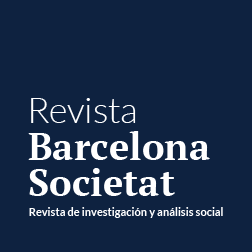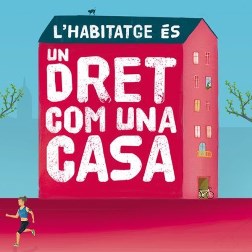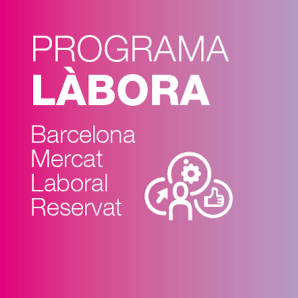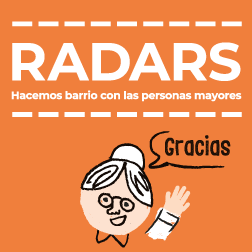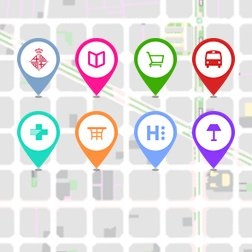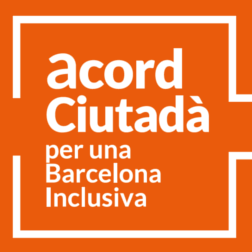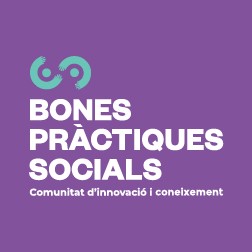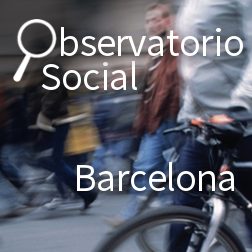Discrimination cases number 436 in the city in 2020
29/06/2021 - 17:44
- l’informe 2020 de l’Observatori de les discriminacions a Barcelona
- OND, Oficina per a la No Discriminació, Barcelona, LGTBI
As with previous years, racism, xenophobia and LGBTI-phobia were the main causes of discrimination in the city. The report presented by the Barcelona Discrimination Observatory for 2020 includes 436 situations in a year shaped the pandemic and under-reported cases, the latter being a factor which makes the problem invisible.
The Barcelona Discrimination Observatory, made up of the Office for Non-discrimination, the 22 organisations in the Board of Entities providing support for victims of discrimination and the Human Rights Resource Centre, have presented a report setting out data on discrimination in the city in 2020.
The 436 cases of discrimination identified in Barcelona represent an increase of 6% compared to 2019. Even so, the figure does not reflect the total number of cases as there is still a large volume of under-reported incidents. According to research conducted by the Board of Entities with people affected, this can be explained by the fact that many people suffer discrimination on a daily and normalised basis, and very often such discrimination becomes part of the stereotypes and prejudices which operate in society. The frequency and repetition of discrimination also makes it harder to denounce, due to emotional erosion and the time and cost involved in doing so each time people suffer it.
Racism and xenophobia once again the main causes of discrimination
Out of all the cases recorded in 2020, some 34% were for racism or xenophobia, strongly linked to religion and particularly relevant in cases of Islamophobia. The second most common cause was LGBTI-phobia, accounting for 24% of cases. This figure is unchanged from 2019 but is particularly serious in that it is the main cause of discrimination where people’s physical integrity is jeopardised, accounting for half of the cases of physical aggression reported.
Other causes of discrimination which account for lower figures were: disability (11%), language (10%), religion (7%), health (6%), gender, ideology and age.
Covid-19 pandemic as a new variable
The eruption of Covid-19 had a notable impact not only in terms of discrimination but also the work of organisations striving to tackle it, with care work shifting online and making the detection of cases more difficult. The isolation during lockdown and the closure of social spaces also led to more problems with coexistence in households and between communities of neighbours.
Proposals for tackling discrimination
In addition to gathering and analysing data on discrimination in the city, the Discrimination Observatory points out that procedures need to be adapted to access the services and needs of the most vulnerable groups, with greater visibility and improvements to the means of denouncement available to citizens.
Following the introduction a year ago of the protocol for aggressions on the grounds of LGBTI-phobia, developed by the OND, the Observatory against Homophobia and the Barcelona LGBTI Centre, the Observatory is also now calling for new protocols against racial discrimination in police action. Similarly, it is seeking a protocol to be introduced by the Ministry for Health and the State Prosecutor, setting out restraint mechanisms for people with mental health problems and intellectual disability.
You can see the report by the Barcelona Discrimination Observatory 2020 by clicking here








